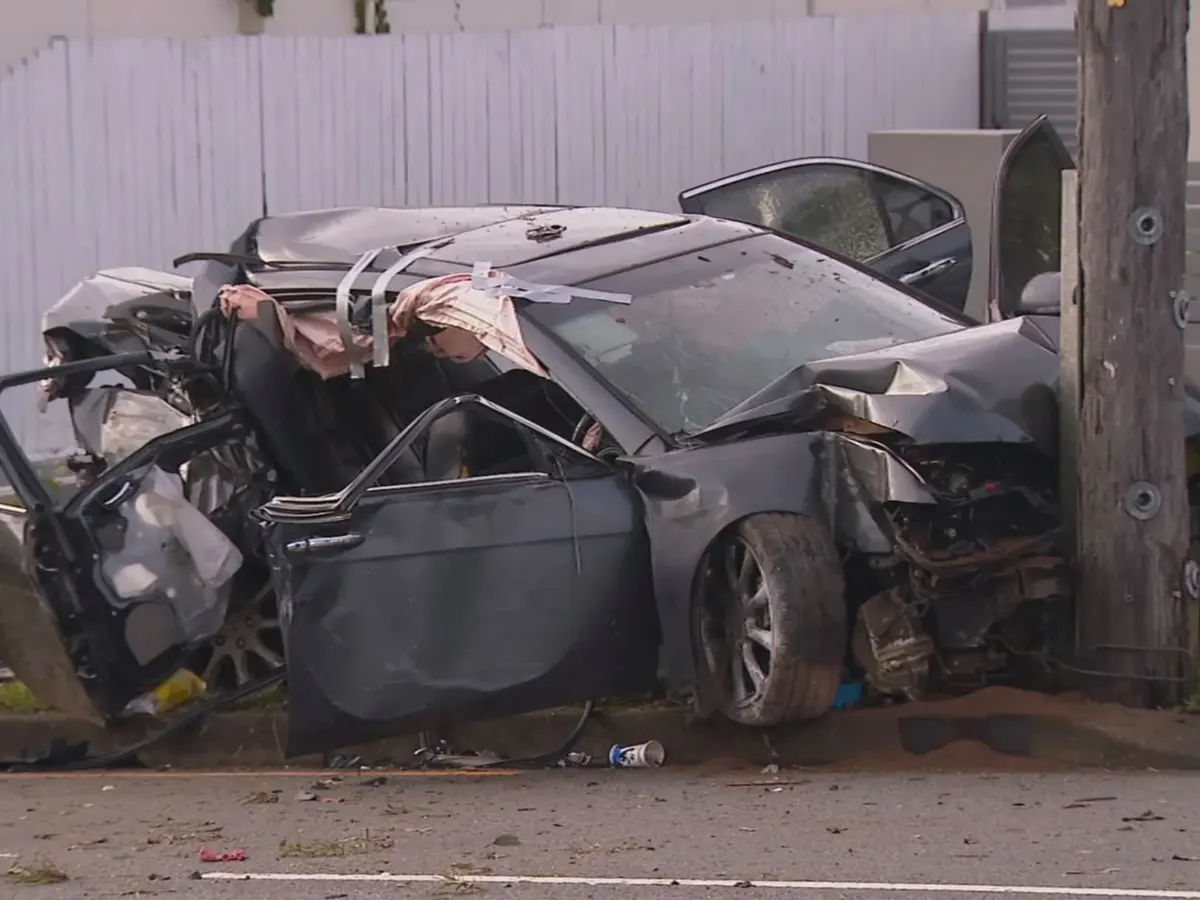Introduction
In recent times, Nigeria has witnessed a concerning surge in road accidents, resulting in devastating consequences for individuals, families, and communities. The alarming frequency of these incidents underscores the urgent need for a collective commitment to safe road usage. This article delves into the causes of road accidents in Nigeria and advocates for measures to promote responsible driving habits and enhance road safety.
The Current Scenario:
The latest road accident news in Nigeria paints a grim picture, with the number of incidents steadily rising. Factors contributing to these accidents include reckless driving, overspeeding, poor road conditions, inadequate traffic management, and the prevalence of vehicles in varying states of disrepair. The consequences are often tragic, leading to loss of lives, injuries, and economic losses.
Understanding the Causes
Reckless Driving: Reckless driving is an escalating menace on the roads, posing a significant threat to public safety and causing countless accidents and fatalities. This dangerous behavior, often characterized by a disregard for traffic laws and the well-being of others on the road, demands urgent attention and collective efforts to curb its devastating consequences. Reckless driving encompasses a wide range of irresponsible behaviors behind the wheel. From aggressive tailgating and weaving through traffic to excessive speeding and overtaking in unsafe conditions, these actions jeopardize not only the reckless driver’s life but also the lives of passengers, pedestrians, and fellow motorists. The aftermath of reckless driving is felt in the tragic statistics of road accidents, injuries, and fatalities. Families are shattered, lives are lost, and communities are left grappling with the emotional and economic fallout. It is imperative to understand the root causes of reckless driving to effectively address this pervasive issue. Major causes of reckless driving includes the following: Impatience and Stress, Lack of Awareness, Inadequate Traffic Enforcement, Distracted Driving e.t.c.
Overspeeding: Overspeeding, the act of driving a vehicle at speeds exceeding the posted limits or safe conditions, is a prevalent issue on roadways worldwide. Despite the clear risks associated with excessive speed, many drivers continue to engage in this dangerous behavior, putting themselves and others at an increased risk of accidents and severe consequences.
The Dangers of Overspeeding
- Reduced Reaction Time: Driving at high speeds drastically reduces a driver’s reaction time. Quick decision-making and reflexes are crucial for avoiding obstacles, sudden stops, or unforeseen hazards on the road.
- Increased Severity of Accidents: The impact of a collision becomes more severe at higher speeds. The force generated during a high-speed crash can lead to more extensive damage to vehicles and significantly increase the likelihood of serious injuries or fatalities.
- Loss of Vehicle Control: High speeds make it challenging to maintain control of a vehicle, especially in adverse weather conditions or on poorly maintained roads. Loss of control can result in skidding, rollovers, or other catastrophic accidents.
- Inadequate Braking Distance: Vehicles traveling at excessive speeds require longer distances to come to a complete stop. Overspeeding reduces the effectiveness of braking systems, increasing the risk of rear-end collisions or collisions at intersections.
Root Causes of Overspeeding
- Impatience and Time Pressure: In today’s fast-paced world, individuals often feel the pressure to reach their destinations quickly. Impatience and a lack of time management can lead drivers to exceed speed limits.
- Lack of Awareness: Some drivers may underestimate the dangers of overspeeding or may not be fully aware of the posted speed limits in specific areas. Educational campaigns can play a crucial role in raising awareness about the risks associated with high speeds.
- Perceived Invisibility: Some drivers may believe that they are skilled enough to handle high speeds without consequences. This overconfidence can lead to a disregard for speed limits and a false sense of invincibility.
- Social Norms: In certain contexts, overspeeding may be normalized or perceived as a common practice. Changing social norms and promoting a culture of responsible driving is essential to combating this behavior.
Poor Road Conditions: Dilapidated roads with potholes, inadequate signage, and poor lighting contribute significantly to accidents. Addressing these infrastructure challenges is pivotal for ensuring safe road usage.
Inadequate Traffic Management: Effective traffic management is essential for preventing congestion and minimizing the risk of accidents. Better coordination among traffic authorities and investment in advanced traffic control systems can significantly improve road safety.
Promoting Responsible Road Usage
Public Awareness Campaigns: Government bodies, non-governmental organizations, and other stakeholders should collaborate on comprehensive public awareness campaigns to educate drivers, pedestrians, and passengers about the importance of responsible road usage.
Strict Law Enforcement: Enforcing existing traffic laws and imposing penalties for violations can act as a deterrent. Increased surveillance, sobriety checks, and speed monitoring can contribute to a safer road environment.
Infrastructure Development: Investing in the repair and maintenance of roads, as well as the implementation of modern traffic management systems, is crucial for preventing accidents caused by poor road conditions.
Driver Education Programs: Enhancing driver education programs can contribute to producing responsible and informed drivers. This includes mandatory training on safe driving practices, road etiquette, and the consequences of reckless behavior.
Conclusion
Addressing the rising number of road accidents in Nigeria requires a multifaceted approach that involves individuals, communities, and government bodies. By fostering a culture of responsible road usage, enforcing traffic regulations, and improving road infrastructure, we can collectively contribute to a safer and more secure road environment for everyone. The recent accidents serve as a stark reminder of the urgent need for concerted efforts to make Nigeria’s roads safer for all.

